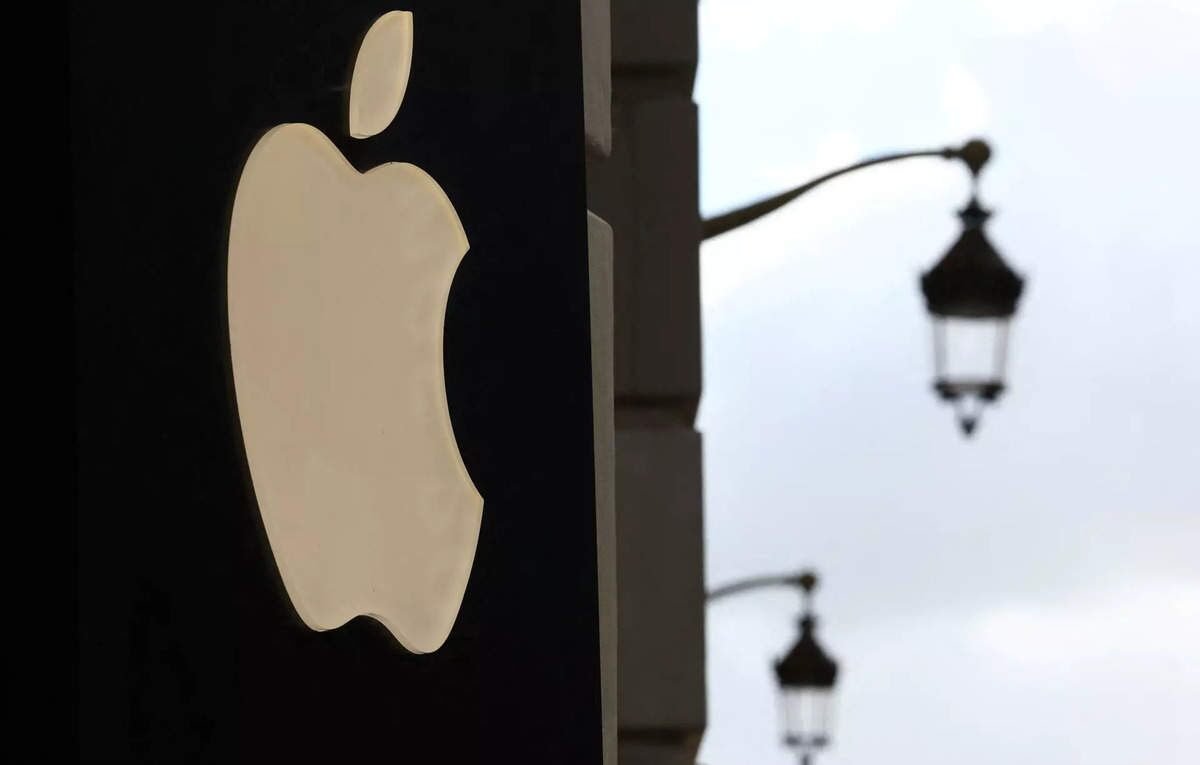The tech world has been abuzz with the legal battle between two giants: Apple and Epic Games. At the heart of the dispute lies the App Store, a cornerstone of Apple’s ecosystem, and Epic Games’ Fortnite, one of the world’s most popular games. Let’s delve into the intricacies of this legal tussle and its implications for the broader tech industry.
The Background of the Apple vs. Epic Games Legal Battle
The conflict erupted when Epic Games introduced a direct payment system in Fortnite, bypassing Apple’s in-app purchase mechanism. This move violated Apple’s App Store guidelines, leading to the removal of Fortnite from the platform. In retaliation, Epic Games filed a lawsuit against Apple, accusing the tech giant of monopolistic practices and anti-competitive behavior.
The Dominance of the App Store in the Digital Market
Apple’s App Store holds a dominant position in the digital marketplace, serving as the primary distribution channel for millions of apps. Its strict guidelines and revenue-sharing model have been subject to criticism, with developers arguing for more flexibility and fairer terms.
Epic Games’ Accusations of Antitrust Behavior
Epic Games alleges that Apple’s control over the App Store stifles competition and limits consumer choice. The company claims that Apple’s 30% commission on in-app purchases is excessive and anti-competitive, giving Apple an unfair advantage over developers.
Meta’s Involvement and Stance
Meta (formerly Facebook) has weighed in on the dispute, siding with Epic Games. Meta argues that Apple’s policies hinder innovation and harm small businesses, echoing similar concerns raised by other tech companies.
Microsoft’s Interests in the Case
Microsoft Corporation has also voiced support for Epic Games, citing concerns over Apple’s restrictive policies. Microsoft, which operates its own app store, sees the outcome of the legal battle as crucial for the future of app distribution platforms.
Apple’s Position on the Allegations
Apple refutes Epic Games’ accusations, asserting that its App Store policies are designed to ensure a safe and secure environment for users. The company contends that its commission fees are necessary to fund app review processes and maintain the integrity of the platform.
Impact on Other Major Tech Companies
The outcome of the Apple vs. Epic Games legal battle could have far-reaching implications for other tech giants. Companies like Google, which operate similar app stores, are closely monitoring the case, as any precedent set could affect their own business practices.
Predictions on the Future of App Store Policies
As the legal proceedings unfold, industry experts speculate about the potential outcomes and their ramifications. Some predict that Apple may be compelled to revise its App Store policies, while others believe that the status quo will prevail, reinforcing Apple’s control over its ecosystem.
Wrapping Up the Apple vs. Epic Games Saga
In conclusion, the clash between Apple and Epic Games underscores the complexities of the digital marketplace and the power dynamics at play. While the legal battle may take years to resolve, its outcome will undoubtedly shape the future of app distribution and competition in the tech industry.

